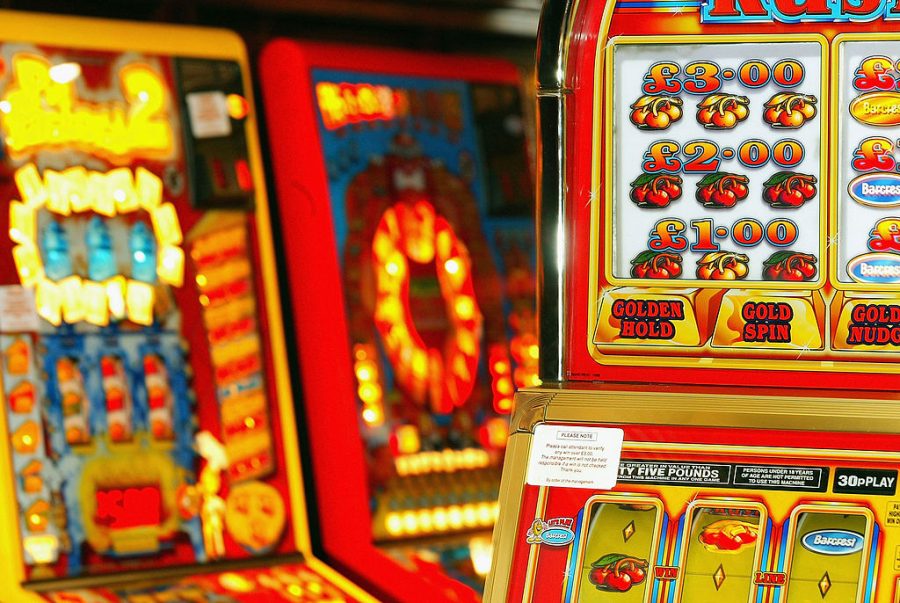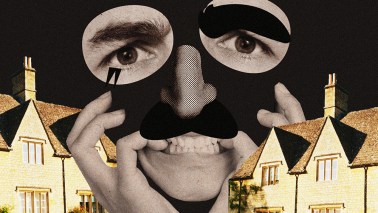As the man who first gave Britain a £150 billion deficit, I don’t think Gordon Brown is the best person to advise the current government on its fiscal policy. But even so the gaping hole in his call for higher gambling duties does raise the eyebrows.
Brown seems to think that higher gambling taxes are capable of lifting half a million children out of poverty. Writing in the Guardian, he claims that raising online gaming taxes from 25 per cent to 50 per cent will raise an extra £1.6 billion, jacking up general betting duty from 15 per cent to 25 per cent will raise an extra £450 million and increasing the duty on physical slot machines from 25 per cent to 50 per cent will raise an extra £880 million. Together, it is all apparently enough to put food on the table for 500,000 kids who are currently going hungry.
There really is no way out of the fiscal mess other than slashing public spending
The government last year spent £313 billion on welfare, £137.8 billion of it on children and people of working age. Given that the latter bill is forecast to rise to £161.7 billion by 2029/30, a couple of extra billion from the gambling industry is not going to make much of a difference – it would quickly be lost in the general welfare budget. It is only a few weeks ago that backbench Labour MPs ganged up on the government and blocked £5 billion of cuts to Personal Independence Payments and other out-of-work benefits. These payments are being doled out in mushrooming proportions to people who, in many cases, have not even had to present themselves for a face-to-face assessment to show they are incapable of work. Those modest reforms would have saved twice as much as Brown is hoping to raise from his gambling tax.
‘Hoping’ to raise is an important phrase, because at the bottom of his Guardian piece Brown seems to flip on the purpose of his proposed gambling taxes. He starts laying into the gambling industry, writing that ‘its most addictive practices are responsible for social harm that costs the NHS and other public services more than £1 billion a year’.
I have no great liking for the gambling industry. It is one of the few industries, along with tobacco, in which I decline to invest my own money. It is, as Brown says, a source of misery for many – as well as a form of harmless fun for many others.
I would have respect for anyone – Gordon Brown included – if he wanted to ban gambling altogether, even if that is not my view. But what exactly does Brown want: does he want to discourage gambling or does he want to raise extra revenue, because the two aims are in obvious conflict. If you discourage an activity through taxing it heavily, you then suppress its revenue-earning potential, just as the government is discovering through its windfall tax on oil and gas production and VAT on private school bills.
A betting tax of 50 percent – which, like the windfall tax, would be levied in addition corporation tax – is very much entering the realm of punitive taxation. A government which took that route should not be surprised to see revenues shrink. It would also impact more widely on the horse-racing industry, for example.
Brown’s intervention is symptomatic of Labour’s fiscal desperation. The government finds itself unable to cut spending for fear of provoking mass unrest among its own backbenchers. But neither does it have many options when it comes to raising extra revenue. Taxation has reached the point where it is discouraging economic activity, while soaring public spending is impacting on growth by transferring resources from efficient private companies to a stagnant public sector where productivity is sliding. It cannot borrow much more. Moreover, it has made an election promise not to raise income tax, VAT or National Insurance (although it has already broken the last of those promises). Thus, the Chancellor is left grubbing around for minor taxes that she can raise.
There really is no way out of the fiscal mess other than slashing public spending, but it is not going to happen under this government – at least not before the crisis reaches a point at which Reeves is forced to follow the same path as her Labour predecessor Denis Healey and beg for an emergency bailout from the IMF.








Comments